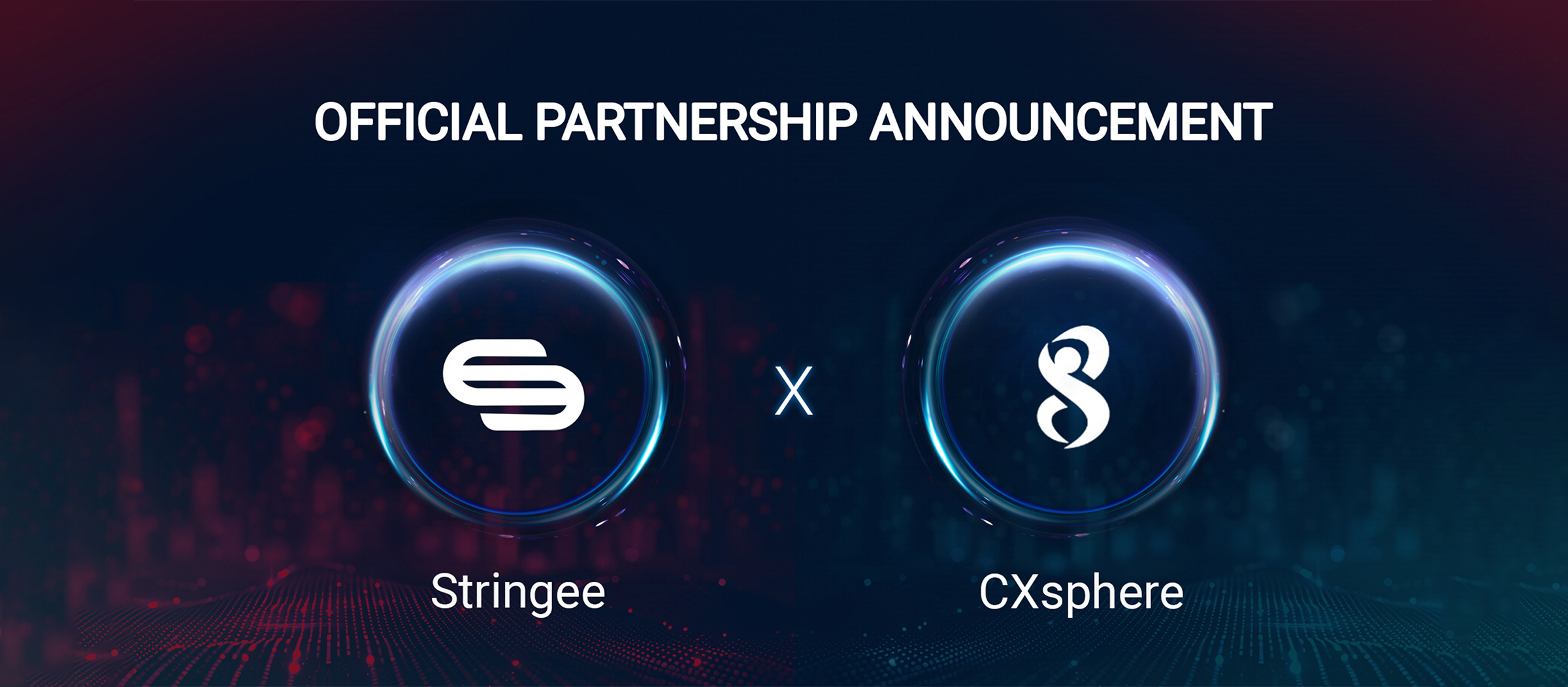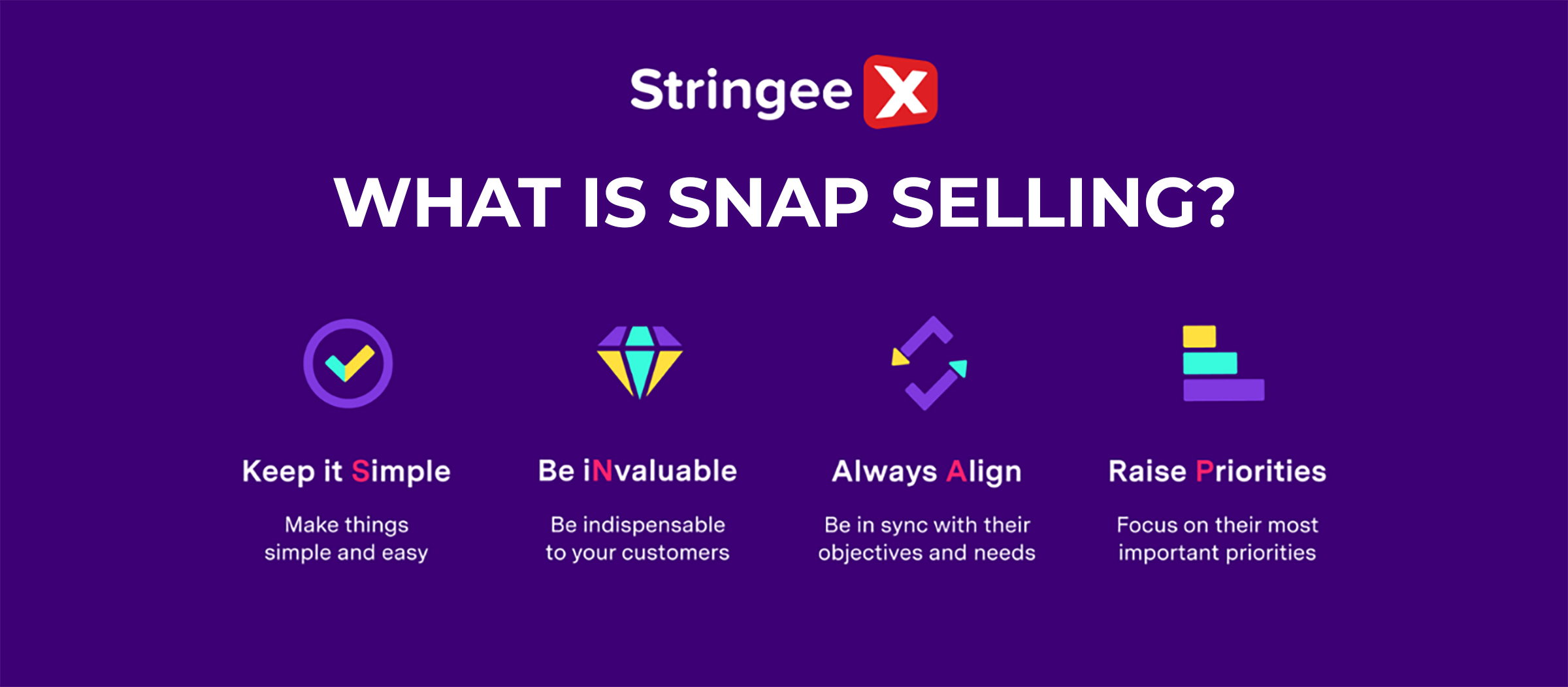Introduction
Cold outreach is often considered an effective strategy for reaching customers, and in recent years, it's also started gaining more popularity in the realm of job hiring. Recruitment agencies now use call centers to contact potential candidates or advertise available job openings, streamlining and speeding up the hiring process!
Still, while there are many advantages to using a call center for recruitment agencies, it's important to acknowledge some equally noticeable drawbacks. Let's take a closer look at both sides of the coin.
The Pros Of A Call Center For Recruitment Agencies
Agents can reach hundreds of candidates in record time (Image source: Pexel).
Increased Efficiency
One of the benefits of call centers for recruitment agencies lies in their increased productivity. Like in customer service, call centers are fully equipped to make hundreds, if not thousands, of phone calls in record time. The recruiting process is much faster and more efficient now, reducing the time it usually takes to fill open positions!
Furthermore, since call centers are designed for optimal workflow, agents can smoothly use call scripts to guide conversations and even leverage automated calling systems to reduce downtime. There are also different performance metrics to track the progress!
With modern virtual call center solutions like StringeeX, your agency can stay connected with candidates across all their preferred communication channels, whether Facebook, LinkedIn, email, or Instagram. All their relevant data will be synced and stored in one place, making it twice as easy to keep track of everything without constantly switching channels.
While call center employees/agents make initial contact, you, as a recruiting professional, can manage other tasks to ensure the rest of the recruitment process goes well, such as reviewing resumes, scheduling interviews, or preparing questions for candidate meetings.
Cost-Effectiveness
From our observation, most call centers often share their infrastructure and resources with multiple clients.
As a result, your recruitment agency doesn't need to invest resources in extra equipment, software, or office space! Better, it's easy to scale your call center outreach based on current needs, meaning you only have to pay for the services you use. That's why it's a more adaptable and cost-effective way than hiring full-time recruiters!
Also, from a more practical perspective, call center representatives have lower salary expectations than experienced in-house recruiters. That translates to significant cost savings in the future, especially when dealing with high-volume hiring needs!
Targeted Screening
A call center team will be given a set of screening questions tailored to the specific role or qualifications outlined in the job description, ensuring the screening process is consistent and on point.
And don't forget that experienced agents are excellent at on-the-spot, critical thinking during sales pitches. That means they'll be able to ask follow-up questions (not included in the script) based on a candidate's response. Your team will gain better insights into candidates’ technical skills and experience relevant to the job!
Most importantly, by letting customer service agents focus on excellent candidates during initial screening, you'll improve the overall quality of the talent pool for the final selection stages. Simply put, your in-house recruiters only spend quality time on the most promising individuals during the interview process, saving time and effort for all parties!
Candidate Engagement
It's a known fact that active listening is one of the main criteria for call center representatives.
They will pay close attention to the candidate's responses and demonstrate a genuine interest in their career goals and aspirations. Personalized approaches are also among their greatest strengths, so you can count on trained agents to use specific details from the candidate profile to guide the conversation in the right direction!
When candidates stay informed and engaged throughout the process, they are less likely to drop out before you make a final decision! Plus, perfect candidates who have a positive experience with your brand might recommend your agency or the company to others, even if they are not interested in the job or change their minds midway.
The Cons Of Using A Call Center For Recruitment Agencies
Candidates might find these cold calls intrusive (Image source: Pexels).
It Might Feel Intrusive
Many people dread unsolicited phone calls from strangers, so be prepared that the response rate might not be that high.
Worse, many call centers focus on high-volume outreach (rather than the quality of each call) and make listeners feel like they're just another number on a list of candidates. With such an impersonal, off-putting approach, they might feel discouraged and drop the opportunity entirely. That's how an agency misses out on a potentially qualified candidate!
Inappropriate Timing
Most professionals have packed schedules, with dedicated times for meetings, client calls, focused work, etc. During these peak productivity periods, a cold call from agents can be very disruptive and cause them frustration!
And given today's globalized world, your recruitment agency might be targeting potential candidates in different time zones. Failing to consider these differences is one of the deadliest mistakes and only increases the chance of a negative reception.
Lack of Trust/Candidate Experience
Unfortunately, scams offering fake jobs are quite common; hence, many candidates feel cautious and hesitate to trust any cold call from a recruiter or agent.
If you work with inexperienced agents (to save costs, for example), be aware that their generic scripts usually fail to address the candidates' personal interests or backgrounds. The candidates might become even more skeptical if your agent rushes to pitch an exciting job opportunity without fully grasping their career goals (even though the offer is well-intentioned).
Affecting Your Brand Negatively
As discussed before, cold calls might disrupt workflows and cause frustration for people who aren't interested in the opportunity.
This negative encounter will tarnish the image of both the company and your recruitment agency! After all, in today's digital era, a bad experience can be easily shared on social media platforms.
Disgruntled people might leave negative reviews about your agency's cold-calling practices and drive away other potential candidates. It's the contact center that messes things up, not your agency, yet you still have to suffer the consequences!
What To Do And Not To Do When Reaching Out To Candidates
Agents should not be vague about who they are (Image source: Pexels).
What The Agents Should Do
1. First, the agent must introduce themselves and explain why they're calling; for example, the candidate's experience and soft skills have left a strong impression, so they want to get in touch for a quick discussion about their professional background.
Being this upfront helps build early trust and makes the candidate feel more comfortable with the person they're speaking to.
2. Be sure to check if it's the right time for a chat, especially if your agent calls during office hours.
3. Go the extra mile to know them personally and learn more about their current circumstances. Have they been monitoring the job market? Are they content with their current position or considering making a move soon?
A wide range of factors influence whether they'd be high-quality candidates or even have any interest in the agent's offers, so patience is key here.
4. Once the agent has asked about the candidate's current situation, they might discover the candidate no longer works in the same position or company. Understanding how and why this change occurred could provide valuable insight into their compatibility for the role.
5. How about perfect candidates who express contentment with their ongoing job? This call can still be valuable.
Your agent should take time to learn more about the candidate's career progression. Are they returning to a job they liked a few years ago, advancing to a managerial position, seeking more competitive salaries, or exploring a new industry altogether? All this information helps establish a strong connection for future job openings that better align with the candidate's aspirations.
6. After all the warm-up tactics, your agent can now share details about the job opportunity to gauge the candidate's interest and, hopefully, move them further into the hiring process.
If the candidate isn't interested, ask them if they can connect your agency to someone else who seems like a great fit based on the role's description provided thus far.
What The Agents Should Avoid
1. It's important to be transparent and genuine in every interaction. The agent should not be vague about their identity or where they're calling from. After all, your agency is interrupting the candidate's work day, not vice versa!
2. Jumping straight into the discussion without building rapport first is a huge mistake! If the agent keeps bombarding the recipient about career growth opportunities yet never gets to know him/her, it's impossible to determine whether they're cut out for the job.
3. Has the candidate already clearly stated their preferences or goals? If the job offer doesn't align with their career plans, respect their decision and stop pushing. Trying to persuade them to accept an unsuitable job opening will only reflect poorly on your agency!
Respect the candidate’s decision; do not pressure them. (Image source: Pexels).
Conclusion
Hiring a call center for recruitment agencies to sort out your recruiting database is an effective solution, though you should be selective so that unqualified agents will not tarnish your brand’s reputation. Write to us if you need more help.










